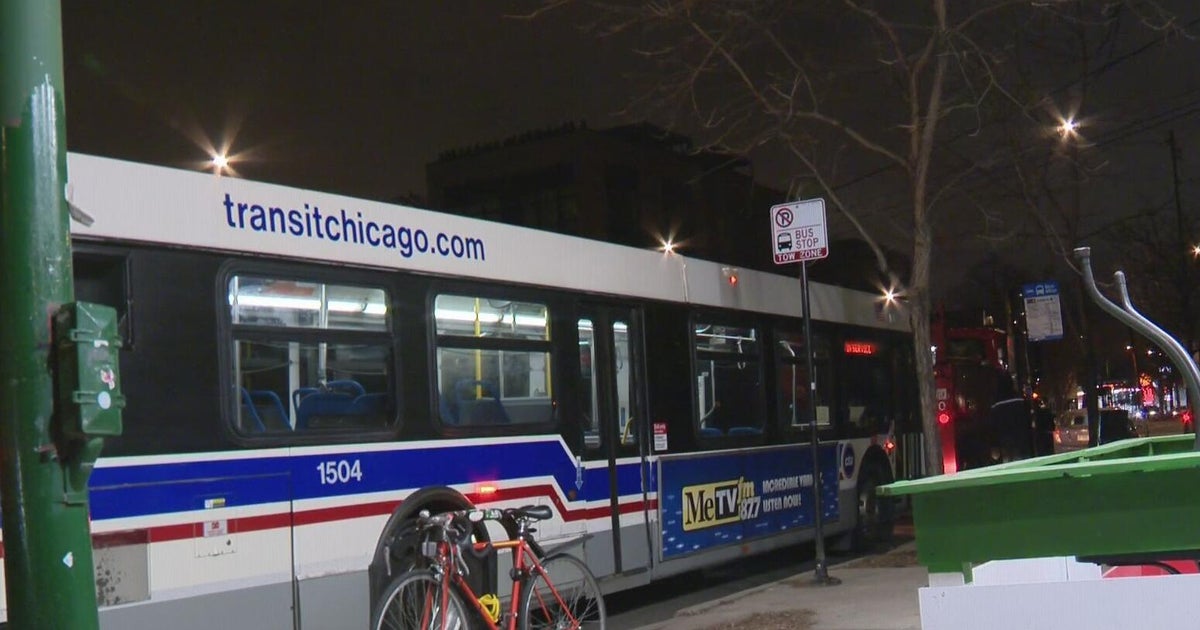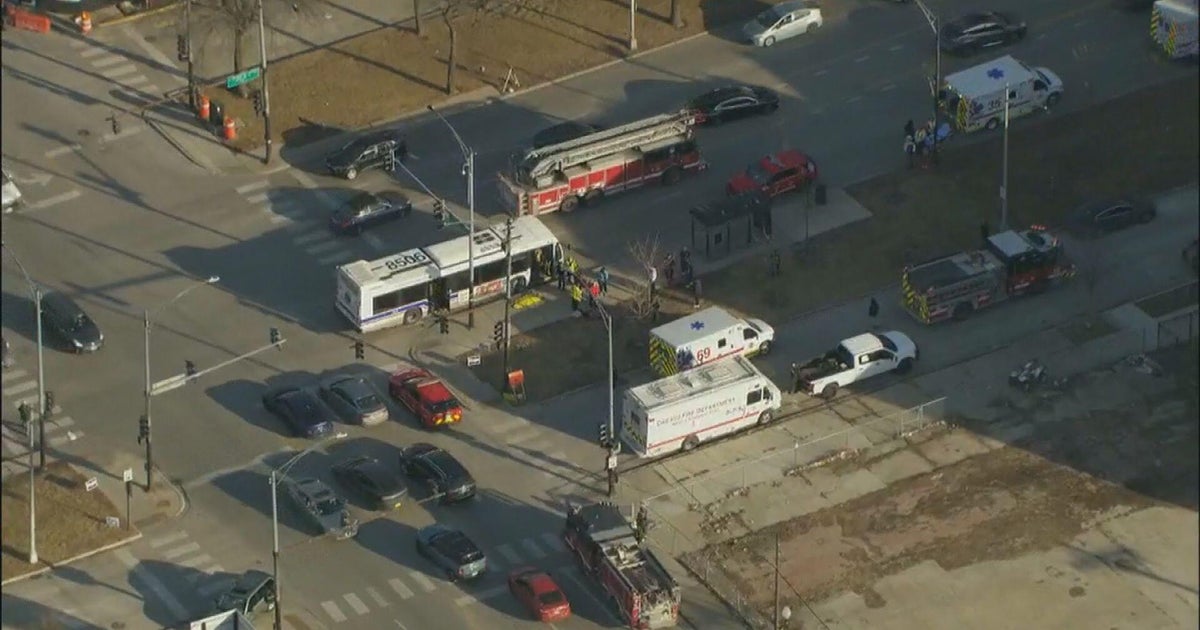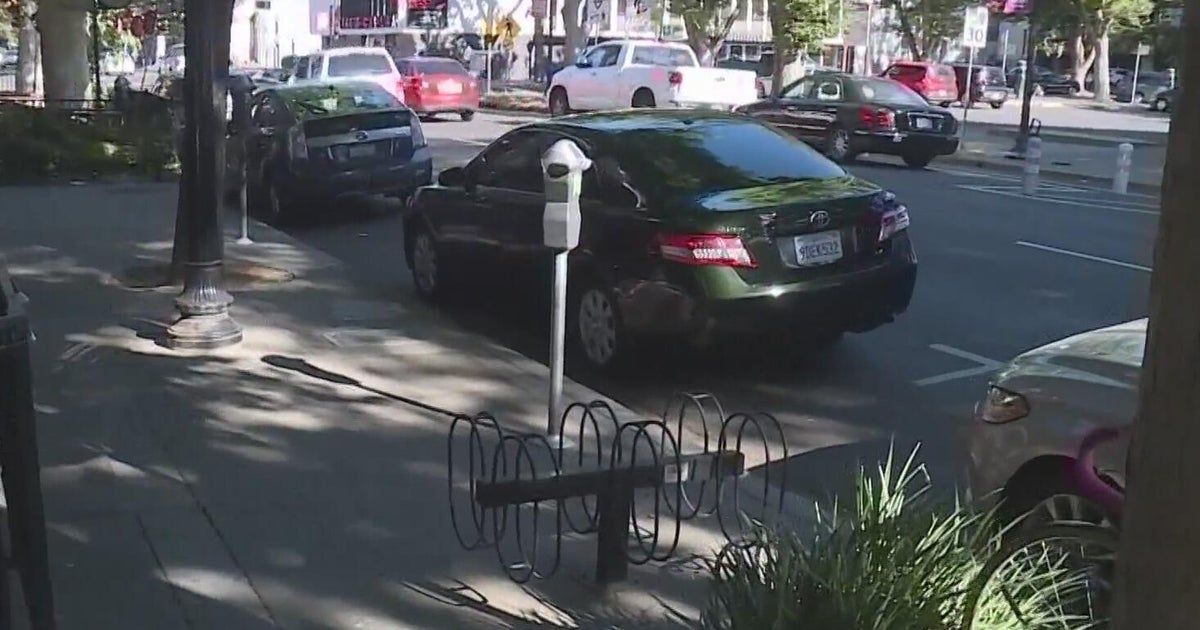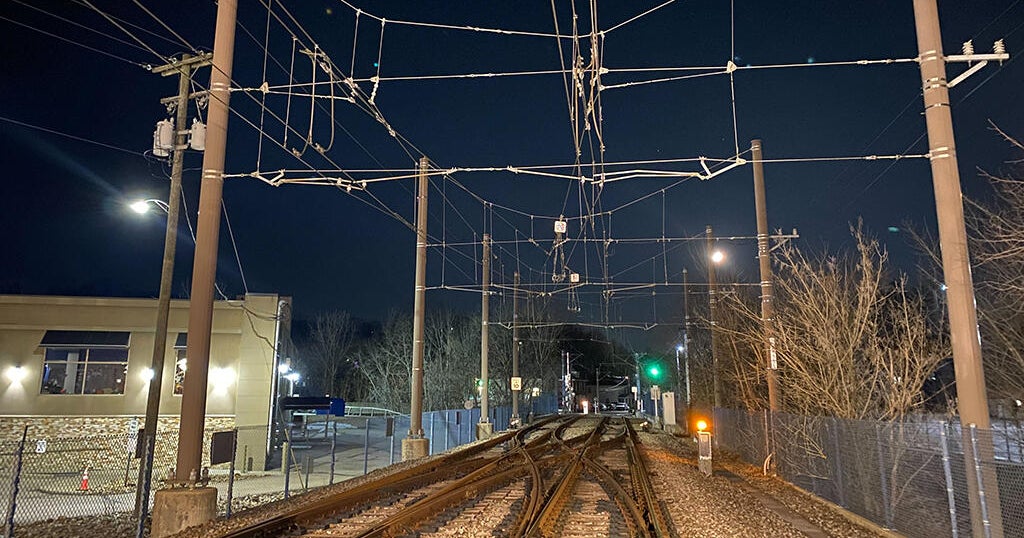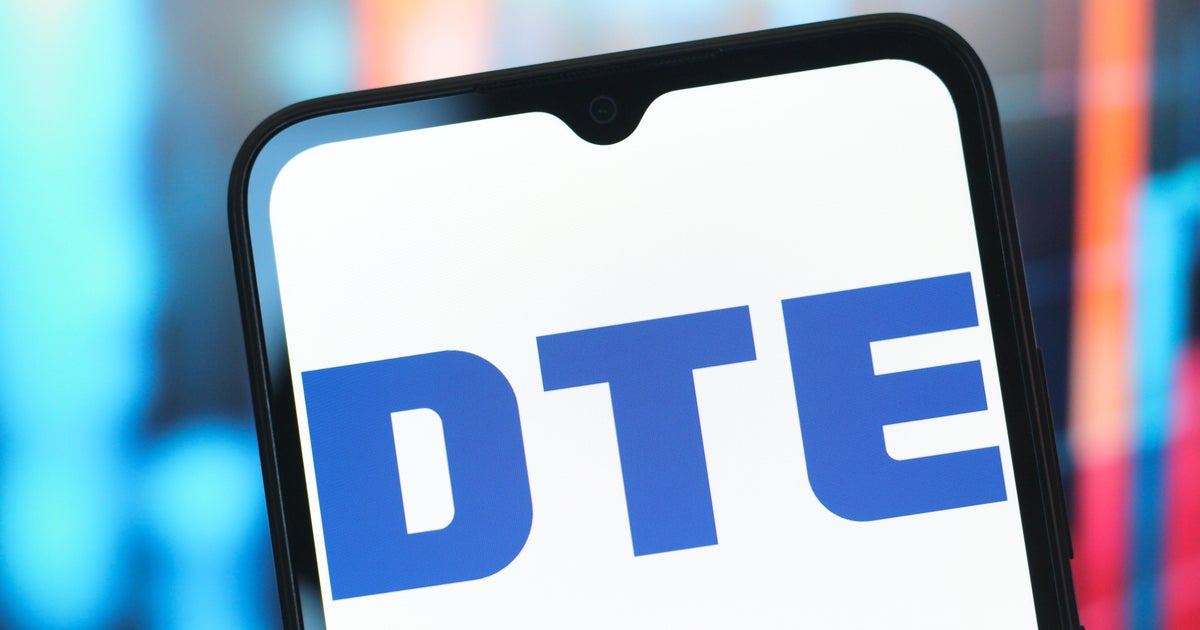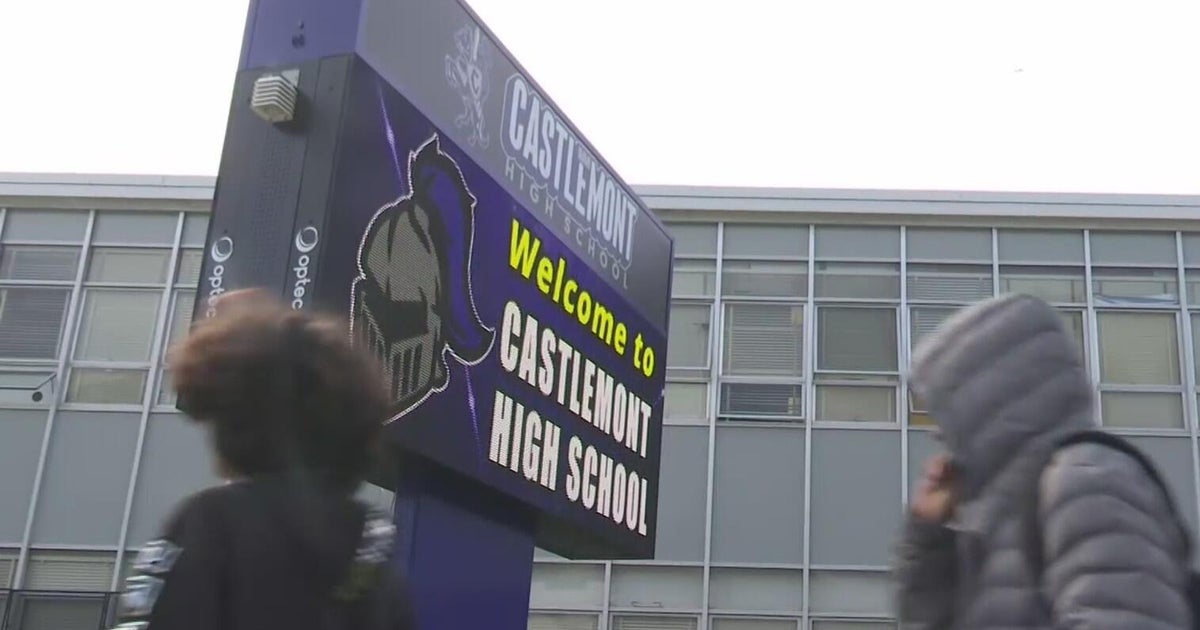CTA Budget: No Fare Hikes Or Service Cuts Planned In 2017
CHICAGO (CBS) -- The Chicago Transit Authority will go an eighth straight year without raising fares or cutting service, according to the agency's 2017 budget.
Long-term deals on fuel and increased non-fare revenue have helped CTA cope with reduced funding from the state and a decline in riders, Chief Financial Officer Jeremy Fine said during a conference call with reporters last week to discuss the $1.54 billion budget, which was released on Monday.
"This is good news for CTA riders," Fine told the Chicago Sun-Times.
There was some bad news as well: CTA ridership fell to just under 500 million in 2016, a dip of 3.2 percent and the lowest level in the last six years. Bus ridership fell more than 5 percent, while rail trips fell by just 0.7 percent. Ridership has fallen each year since hitting a peak of 546 million riders in 2012, according to the transit agency.
The 2017 budget anticipates ridership will fall about 1 percent again, which, Fine noted, follows national trends for transit agencies. The declines in recent years are likely linked to the increasing popularity of ride-hailing services such as Uber and Lyft, as well as historically low gas prices, Fine said.
"We've seen tremendous growth on the rail" up until 2013, CTA spokesman Brian Steele said, noting that transit systems in major U.S. cities have seen similar declines in recent years. "Transit ridership is cyclical . . . it's not unusual to see some drops once you hit those high points. In math, it's called reversion to the mean."
The decline in bus riders comes in a year during which CTA launched "Loop Link," adding massive, canopied stops and dedicated bus lanes throughout the Loop.
The CTA takes in about $580 million a year from fares, with the other two-thirds of its budget drawn from tax revenues. The transit agency will complete a detailed survey of riders, aimed at drawing in more passengers, in 2017, Fine said.
Low fuel and energy costs also are driving significant savings for the CTA, as the agency negotiated long-term contracts that are expected to save millions on fuel and energy costs, Fine said.
The 2017 budget does not include funds for a pay raise for unionized transit workers, who have been negotiating a contract with CTA for more than a year, Fine said, stating that pay increases for a speculative contract are typically not included in the budget.
Despite the declines, CTA has been able to continue major infrastructure projects, including the Red-Purple Modernization and continued purchase of rail cars and buses. The Quincy L station will get a $18.2 million rehabilitation, and the Illinois Medical District station on the Blue Line will get an upgrade as well.
(Source: Sun-Times Media Wire © Chicago Sun-Times 2016. All Rights Reserved. This material may not be published, broadcast, rewritten, or redistributed.)
